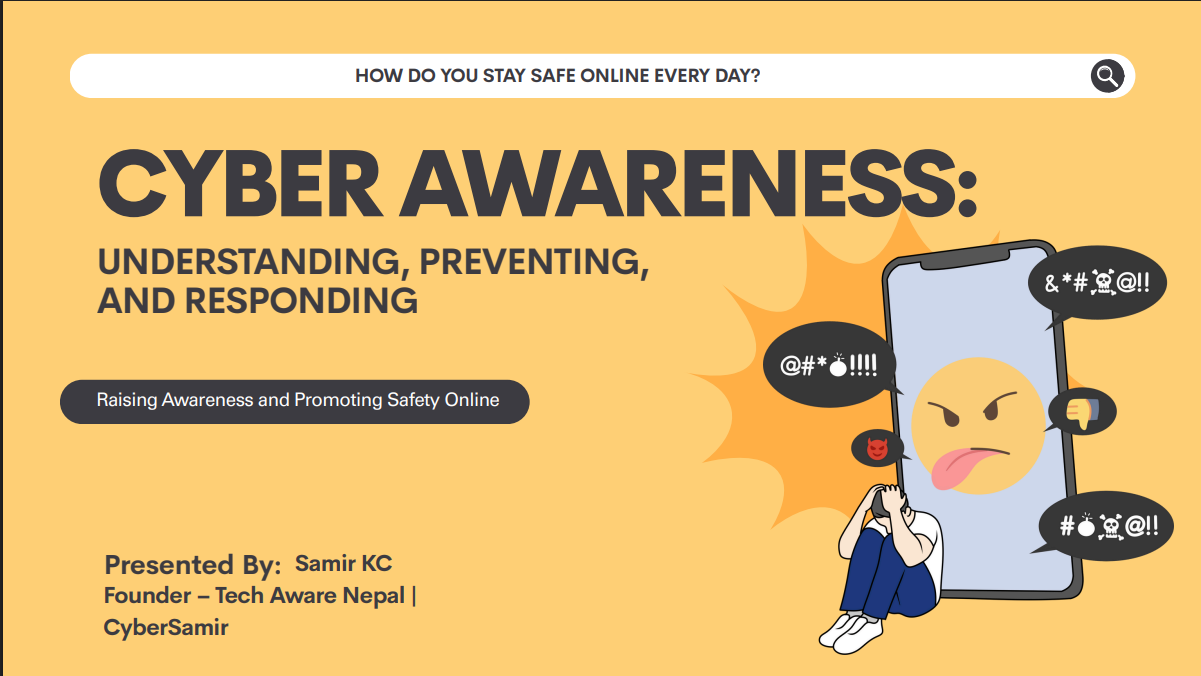
Nepali Android users at risk due to increasing mobile malware campaigns.
Butwal, Nepal – A new and alarming trend in Android malware is putting smartphone users in Nepal and across Asia at increased risk. Cybersecurity researchers have discovered a significant shift in how malicious actors are using “dropper” applications to infect devices. These apps, which appear harmless on the surface, are now being used to deliver not only sophisticated banking trojans but also simpler forms of malware, such as SMS stealers and spyware.
This development is particularly concerning for users in our region, as many of the observed campaigns have specifically targeted individuals in India and other parts of Asia. These malicious dropper apps often masquerade as legitimate and even essential applications, such as government or banking apps, making them difficult for the average user to identify as a threat.
How it Works
Traditionally, dropper apps were primarily used to install complex malware that could steal banking credentials. However, with enhanced security features in newer Android versions, cybercriminals are adapting their methods. They are now using these droppers to install malware that can read your SMS messages, including one-time passwords (OTPs) for banking transactions and other sensitive information.
The dropper app itself has minimal malicious code, allowing it to bypass initial security checks. Once installed, it prompts the user for an “update,” which is actually the installation of the harmful payload – the SMS stealer or spyware. By the time the malicious activity begins, the dropper app is already on the device, making it harder to detect and remove.
What This Means for Nepali Users
The increased use of this technique poses a direct threat to the financial security and privacy of Android users in Nepal. With the rise of digital banking and online transactions, the ability of malware to intercept SMS messages containing OTPs and other verification codes is a serious concern.
Furthermore, spyware delivered through these droppers can monitor your activity, steal personal information, and even track your location, all without your knowledge.
How to Protect Yourself
Tech Aware Nepal urges all Android users to take the following precautions to safeguard their devices and personal information:
- Download apps only from official sources: Stick to the Google Play Store for all your app downloads. Avoid sideloading apps from third-party websites or unknown sources.
- Be cautious with permissions: Pay close attention to the permissions an app requests during installation. Be wary of apps that ask for permissions that are not necessary for their functionality, especially access to SMS messages and accessibility services.
- Keep your phone updated: Ensure your Android operating system and all your apps are updated to the latest versions. Updates often include critical security patches that protect you from known vulnerabilities.
- Use a mobile security app: Consider installing a reputable mobile security app from a trusted provider. These apps can help detect and block malicious apps and other threats.
- Be skeptical of unsolicited messages: Do not click on links or download attachments from suspicious or unexpected SMS messages or emails.
- Think before you “update”: If an app you’ve recently installed prompts you for an immediate update outside of the Google Play Store, it could be a red flag.
By staying informed and vigilant, we can all contribute to a safer and more secure digital environment in Nepal.




